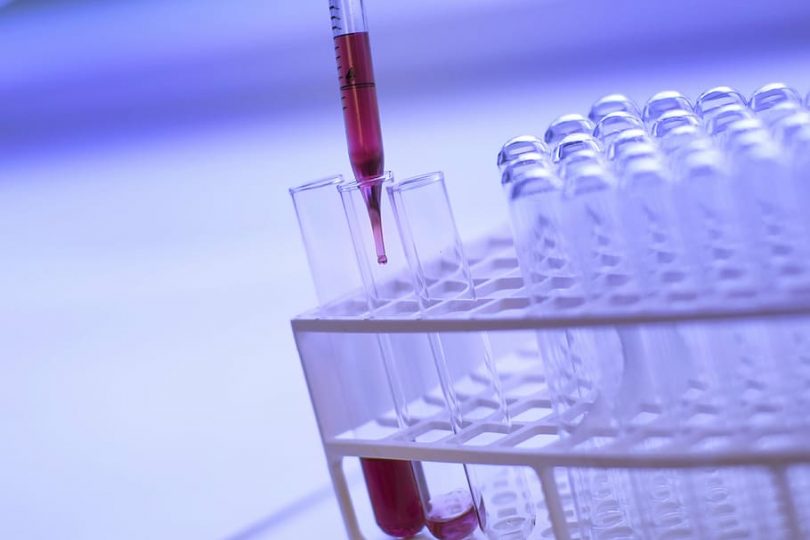While the entourage effect is great, it adds a major variable to the cannabinoid equation, along with CBD’s fluctuating bioavailability, which depends on individual physiology, besides the exact contents of a CBD formulation. And even pure CBD extracts often have some level of contamination, be it with other, otherwise beneficial cannabinoids.
All this prevents studies from pinning down with precision the effects of CBD in particular. And when it comes to science and medicine, it’s precision that’s demanded, with anything less, including highly promising findings, being marked with a huge asterisk . This is a major source of scepticism toward CBD.
But Artelo Biosciences, a clinical-stage pharmaceutical company, sponsored a study, published in the Medical Cannabis and Cannabinoids journal, which could serve as a major step around this roadblock. It found “no pharmacological difference in vitro in the antiproliferative, anti-inflammatory, or permeability effects of purified natural versus synthetic CBD.”
This would allow for the consistent development of CBD-based therapeutics with pinpoint CBD levels, thus eliminating the entourage effect as the major variable in the equation. In other words, it could help scientists give the exact credit that CBD is due, and take it from there, one piece of the cannabinoid puzzle at a time, potentially measuring the exact medicinal benefits and idiosyncrasies of other cannabinoids of interest, too.
As of right now, Artelo Biosciences is seeking to launch its patented CBD corcrystal., which is a combination of CBD and tetramethylpyzarine (TMP) into a single crystal lattice, designed to keep the active molecule more stable.
References:
Maguire R F et al, The Pharmacological Effects of Plant-Derived versus Synthetic Cannabidiol in Human Cell Lines, Medical Cannabis and Cannabinoids, Impact Factor = 3.0;










